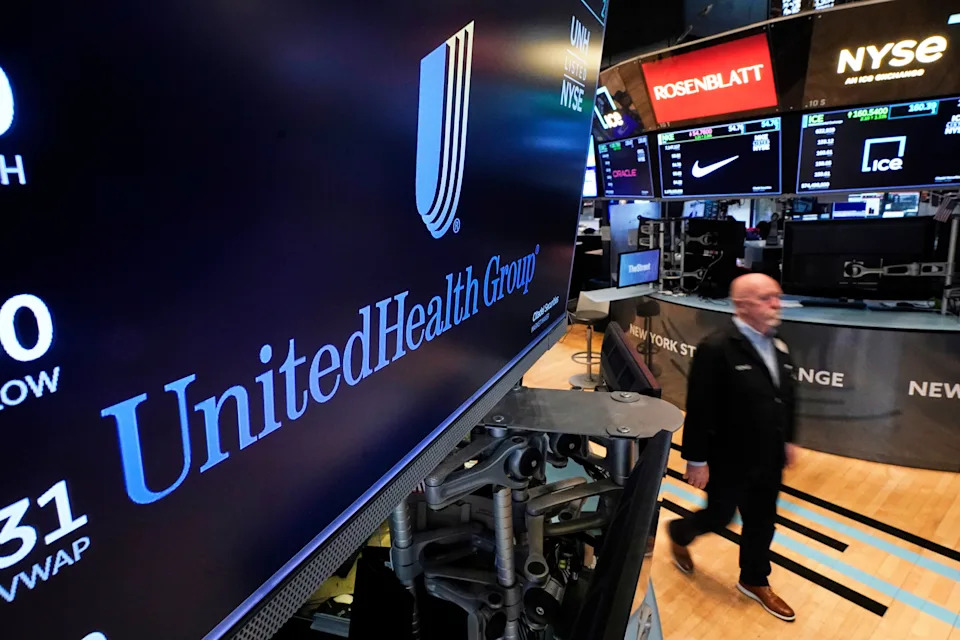
Health insurance companies have a problem — people are using their plans more
Key Points
- Centene (CNC) reported a surprising Q2 adjusted loss of $79 million, with a health benefits ratio increase to 93% from 87.6% last year, reflecting higher medical costs relative to premium revenue.
- Elevance Health (ELV) and Molina Healthcare (MOH) also faced similar challenges, with rising benefit expense ratios and lowered earnings guidance due to increased costs in Medicaid and Medicare programs.
- UnitedHealth Group (UNH) is expected to report a medical care ratio increase to 89.3% in Q2, signaling tighter margins, while facing a DOJ investigation over potential fraudulent billing in Medicare Advantage.
- Stock reactions varied, with Centene recovering to a 6% gain after an initial 15% drop, while Elevance and Molina stocks remained depressed after significant declines post-earnings.
- The healthcare sector (XLV) is the worst-performing in the S&P 500 this year, driven by industry-wide pressures from rising medical costs and narrow profit margins.
Summary
Centene (CNC) shocked investors with a Q2 adjusted loss of $79 million, driven by a health benefits ratio surge to 93% from 87.6%, indicating higher medical costs against premiums. This issue extends across the industry, with Elevance Health (ELV) and Molina Healthcare (MOH) reporting similar spikes in benefit expense ratios and lowered earnings outlooks, largely tied to Medicaid and Medicare programs. UnitedHealth Group (UNH), set to release Q2 earnings, faces expectations of a medical care ratio rise to 89.3%, alongside a DOJ probe into potential fraudulent billing in Medicare Advantage, which has already dented its stock by 4.7%. Stock reactions highlight market unease, with Centene recovering to a 6% gain after an initial 15% drop, while Elevance and Molina stocks remain depressed after significant declines. Centene's CEO reinstated earnings guidance and reported $48.7 billion in revenue, surpassing estimates, with hopes of improved Medicaid margins. The healthcare sector (XLV) struggles as the S&P 500’s worst performer this year, grappling with narrow margins and accelerating medical cost trends. UnitedHealth’s upcoming earnings call will be critical, as investors seek clarity on both financial pressures and legal challenges, with potential long-term impacts hinging on the DOJ investigation’s outcome.
yahoo
July 28, 2025
Stocks


